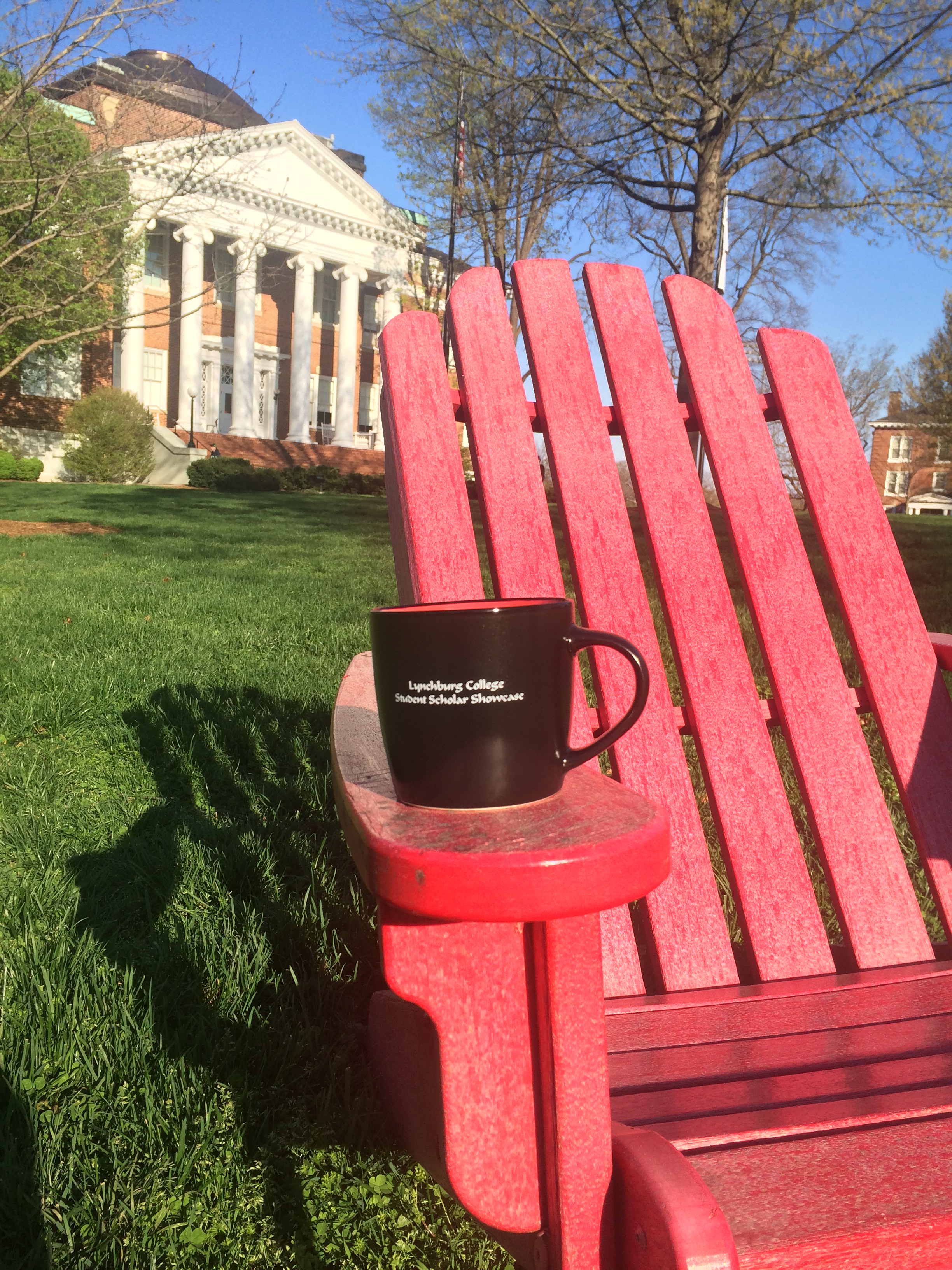
Peer Evaluation: Its Effect on Writing, and Possible Friendships outside the Classroom.
Access Type
Campus Access Only
Entry Number
63
Start Date
4-5-2017 12:00 PM
End Date
4-5-2017 1:00 PM
Department
Psychology
Abstract
Abstract
This study sought to test a hypothesis that suggests that gender and skin tone affect how people view African American individuals. More specifically, to determine if there is a preference for Light Skinned Blacks over Dark Skinned Blacks. We also studied if people were viewed as friendlier, and more competent, based on their skin tone. Participants were recruited from a predominantly white Liberal Arts College. Participants were given packets that contained the picture of either a Dark or Light skinned male or female along with an essay. Diedrich’s writing scales, a friendliness questionnaire, a physical-preference questionnaire, and two Implicit Attitude Tests (https://implicit.harvard.edu/implicit/takeatest.html), were used to test biases in participants, and their perception of individuals. We hypothesized that (1) Participants will have an automatic preference for Light Skinned individuals over Dark Skinned individuals. (2) Dark Skin men and women will be evaluated lower on essay structure, and tone of friendliness compared to Light Skinned men and women. However, the relation between Skin tone and friendliness would be moderated by gender, such that Dark skin males would be rated significantly less favorably than Dark skin females. Our results may show that color bias plays a significant role in the low performance of African American males in school, and may be indirectly responsible for self-esteem issues among African-American women. It would also bring attention the general biases people unconsciously have and exhibit towards Dark skin African American individuals.
Primary Faculty Mentor(s)
Dr. Bianca Sumutka
Peer Evaluation: Its Effect on Writing, and Possible Friendships outside the Classroom.
Abstract
This study sought to test a hypothesis that suggests that gender and skin tone affect how people view African American individuals. More specifically, to determine if there is a preference for Light Skinned Blacks over Dark Skinned Blacks. We also studied if people were viewed as friendlier, and more competent, based on their skin tone. Participants were recruited from a predominantly white Liberal Arts College. Participants were given packets that contained the picture of either a Dark or Light skinned male or female along with an essay. Diedrich’s writing scales, a friendliness questionnaire, a physical-preference questionnaire, and two Implicit Attitude Tests (https://implicit.harvard.edu/implicit/takeatest.html), were used to test biases in participants, and their perception of individuals. We hypothesized that (1) Participants will have an automatic preference for Light Skinned individuals over Dark Skinned individuals. (2) Dark Skin men and women will be evaluated lower on essay structure, and tone of friendliness compared to Light Skinned men and women. However, the relation between Skin tone and friendliness would be moderated by gender, such that Dark skin males would be rated significantly less favorably than Dark skin females. Our results may show that color bias plays a significant role in the low performance of African American males in school, and may be indirectly responsible for self-esteem issues among African-American women. It would also bring attention the general biases people unconsciously have and exhibit towards Dark skin African American individuals.


Comments
None